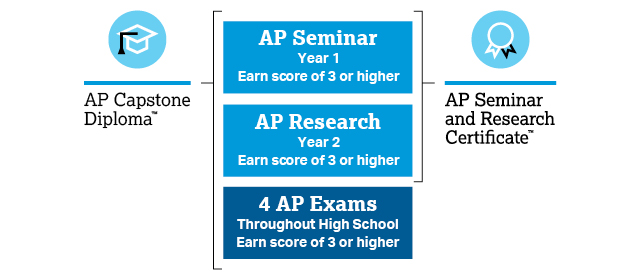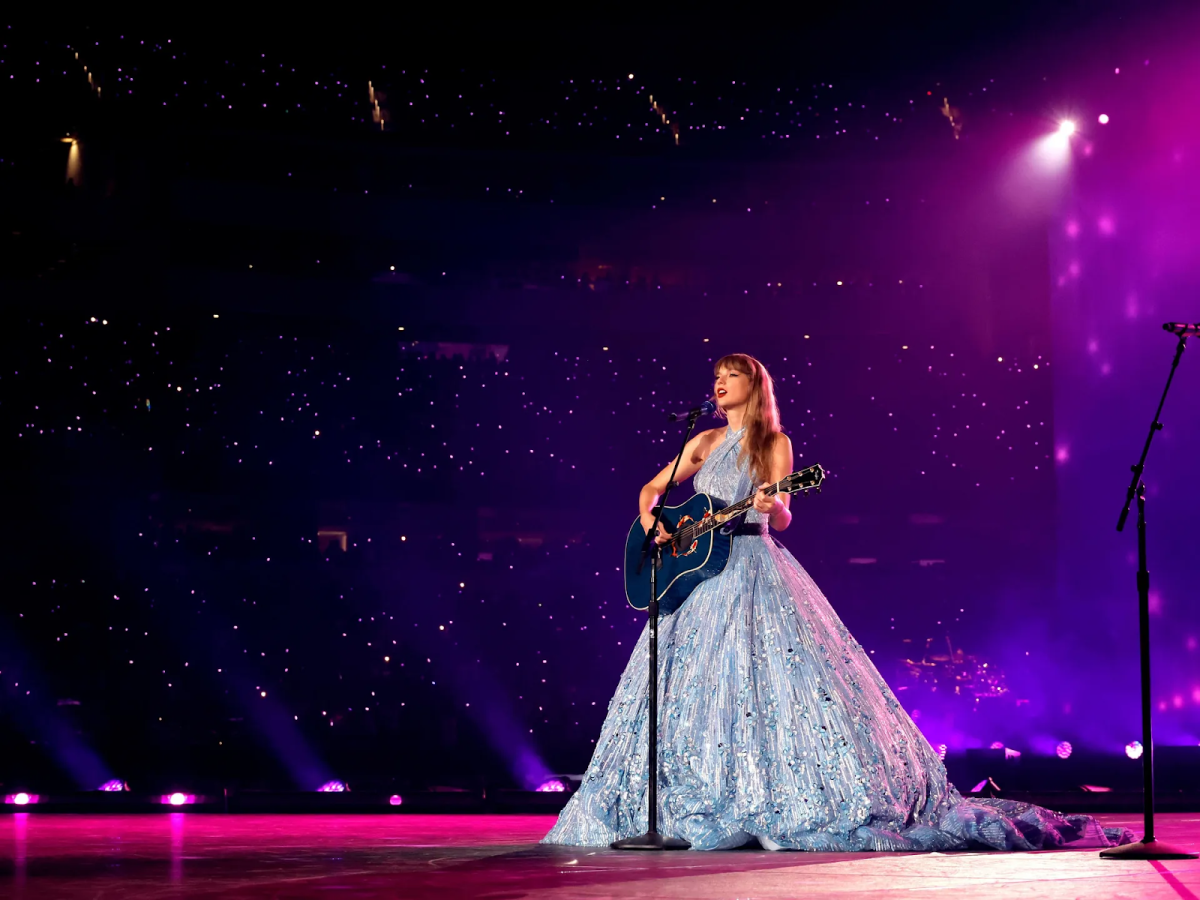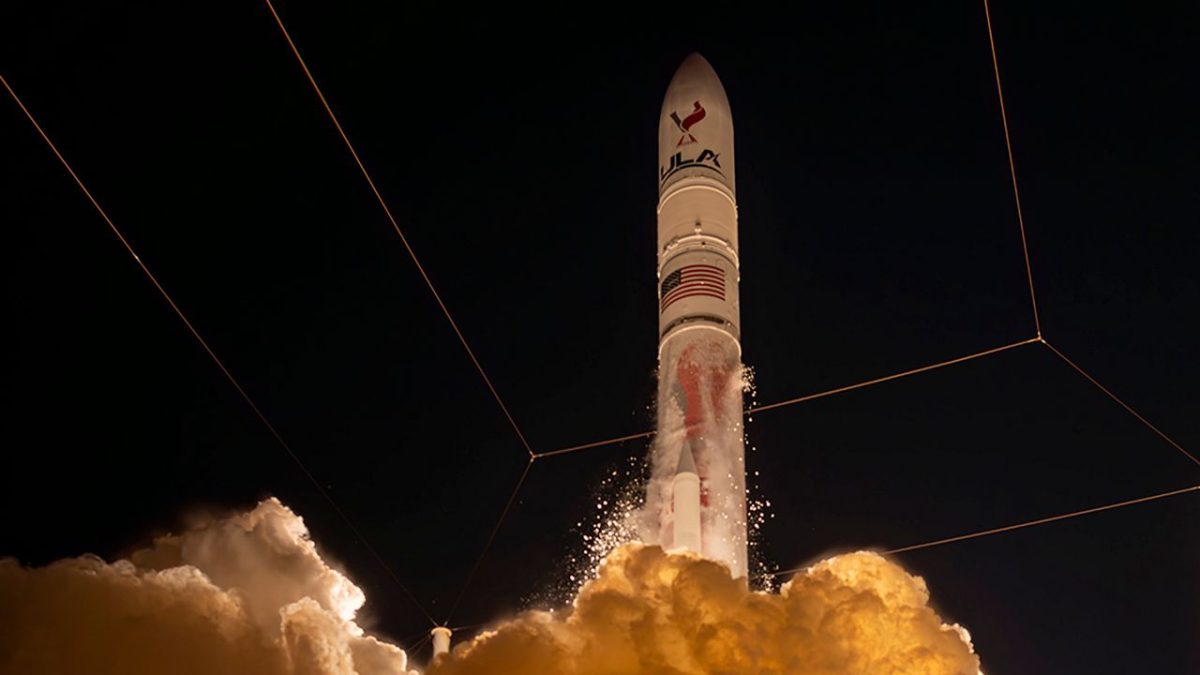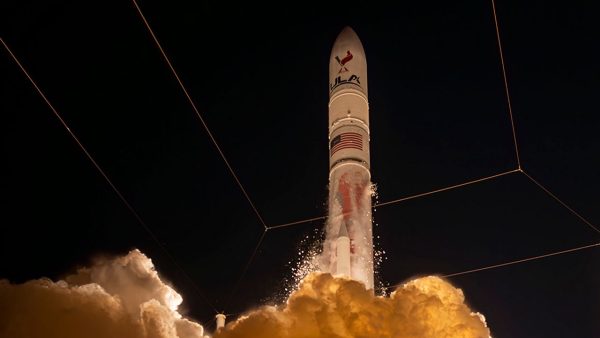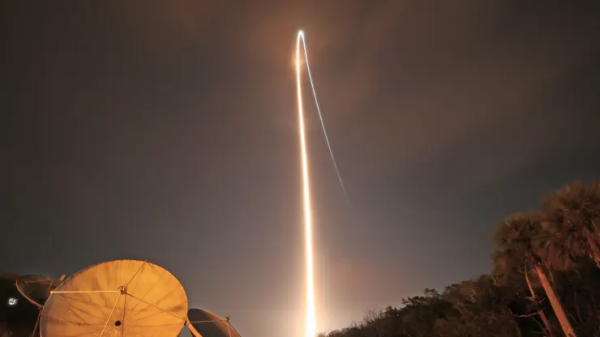Puffin’s are in a crisis
April 24, 2023
The puffin population located in Western European countries has declined rapidly in recent months. The source of this is due to climate deterioration caused by global warming, wiping out 87% of puffin nesting sites. If the puffins are unable to nest and have their hatchlings survive, puffins could face endangerment and even extinction. But this doesn’t only affect puffins, other seabirds including razorbills and arctic terns suffer from this ecological struggle. The animals that feed on puffins such as the great black-backed gull could also suffer from this as their food supply becomes scarce and hard to find.
Steps have been made to help these species in order for them to keep the puffins alive. The University of Cambridge, with the support of conservationists and policymakers from over 15 European countries, created a program in order to protect the birds from their worsening climate conditions. Their plan is to relocate the birds at risk to safer locations as climate changes into harsher, more dangerous conditions and to create artificial nesting grounds so that the puffins and other species can successfully reproduce and keep the puffins thriving. This issue can be dealt with but not solved though due to the natural environmental effects of global warming.
Global warming alters many different environmental regularities, causing hotter temperatures, severe storms, increased droughts, rising oceans, poverty, and increased risk for disease spread. So although puffins are faced with endangerment now, more species are at risk of being affected. Arctic, oceanic and African animals are also affected and are at extreme risk. As researchers and conservationists try their hardest to accommodate these conditions, nothing can be done to fully prevent these species from their gruesome fate. Scientists recommend transitioning to energy sources that do not emit greenhouse gasses in order to slow global warming. Reducing at home energy use even a little bit in each home can add up and make a big difference in our world’s environment. Turning off the lights when leaving the room, recycling more, using less hot water, and driving less can significantly alter the rapid speed that climate change is affecting animals and could bring species back to their homes that are being destroyed. One small change can make a difference so our world can be healthy and capable of being a home to many different extraordinary species and billions of people.

